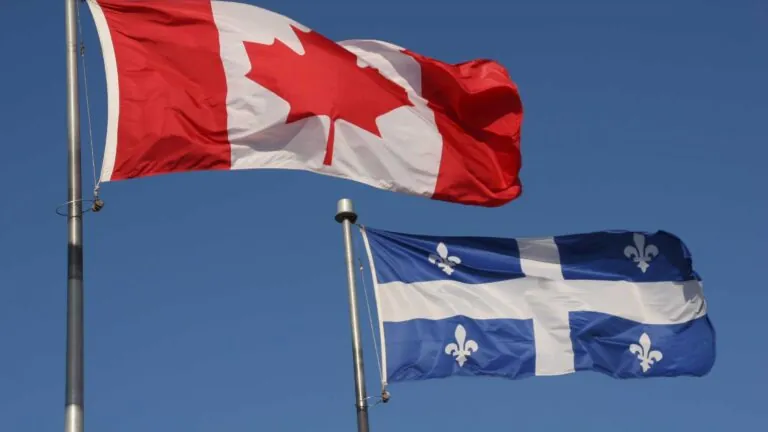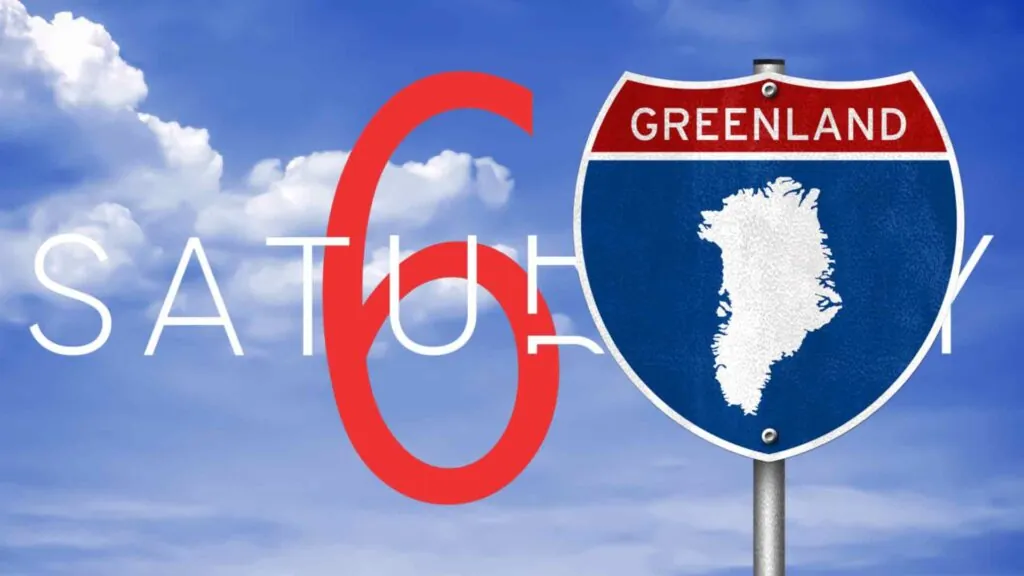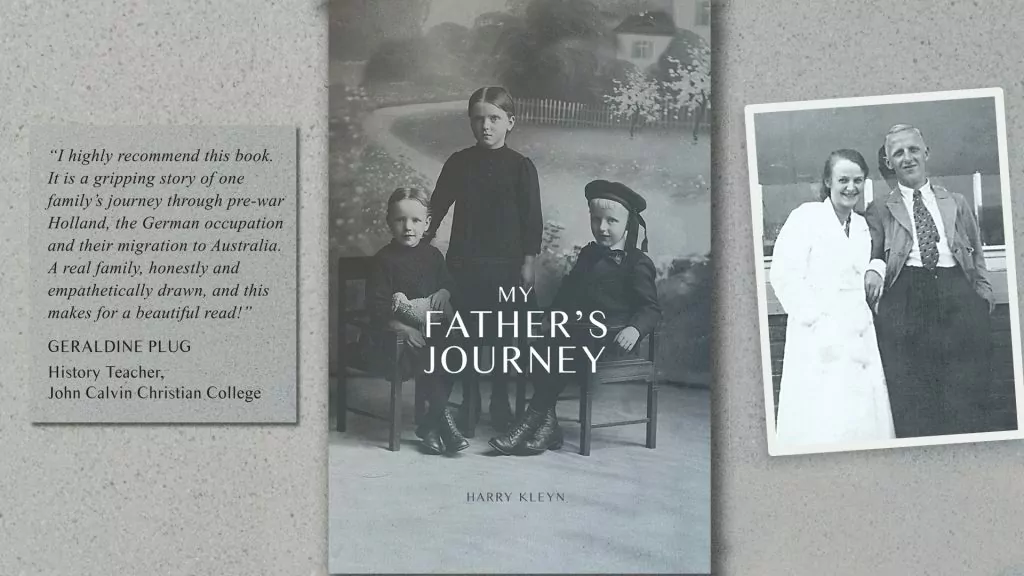The government of Quebec announced in August that it intends to introduce a law this fall to outlaw public prayer in the province. As Jean‑François Roberge, Quebec’s “Secularism Minister” explained in a statement on X:
“The proliferation of street prayers is a serious and sensitive issue in Quebec. Last December, our government expressed its unease with this phenomenon, which is becoming increasingly common, especially in Montreal. The Premier of Quebec has given me the mandate to strengthen secularism, and I firmly intend to fulfill this mandate diligently…. This fall, we will, therefore, introduce a bill to reinforce secularism in Quebec, notably by prohibiting street prayers.” [As translated from the original French.]
Roberge was indirectly referring to how Muslims have been gathering in prayer for months outside the Notre Dame Basilica in Montreal, leading to a growing counter-protest.
“In recent months, Islamic prayers have also spilled into parks and downtown streets, with worshippers rolling out mats outside shopping districts and public offices,” explained Leslie Roberts, writing for the National Post. “What began occasionally has become a regular source of tension.”
All government laws in Canada are required to align with Canada’s highest law, our constitution, which enshrines the freedoms of religion, expression, and assembly as “fundamental freedoms” in the Charter of Rights and Freedoms. As such, it is expected that Quebec will make use of Section 33 of the Charter, also known as the “notwithstanding clause,” which allows a legislature to override some of the rights in the Charter, though for only five years at a time. However, this override can be renewed indefinitely. Quebec already made use of this clause in 2019, when it banned public employees from wearing religious symbols while on duty.
Roberge’s announcement came on the heels of a report from a Quebec government committee tasked with providing advice on how to strengthen secularism. The committee gave 50 recommendations, including to phase out funding of private religious schools, eliminate religion as a charitable purpose, prohibit religious symbols in government advertising and create a National Day of Secularism.
The definition of secularism is that the state is neutral in matters of religion. The Quebec government isn’t actually interested in neutrality. It is interested in using the power of the state to undermine religions that it disagrees with. This is simply another example of one religion (secularism) opposing other religions.
As the Preamble of the Charter reveals, our rights and freedoms are based on “the supremacy of God and the rule of law.” Quebec, and Western society in general, is experiencing tension in the streets because the religions of secularism and Islam both fail to respect this. The constitution doesn’t work so well when the foundations beneath it are ignored or denied. The inevitable result is conflict, with one religion warring against another.
The very concept of rights and freedoms did not, and could not, originate from a Muslim or secular worldview. Our “rights” come largely from God’s prohibitions – we have a rights to property and life because God forbids theft and murder. Freedom of conscience finds a foundation in God’s hatred for hypocritical worship (Amos 5:21-24) making legislated, compelled worship not just pointless but blasphemous.
A biblical understanding of freedoms brings with it, however, a corresponding set of responsibilities. So, in this case, we ought to be able to pray both publicly and privately, but that also means that our praying shouldn’t cause a public disturbance that prevents others from exercising their rights and freedoms.











